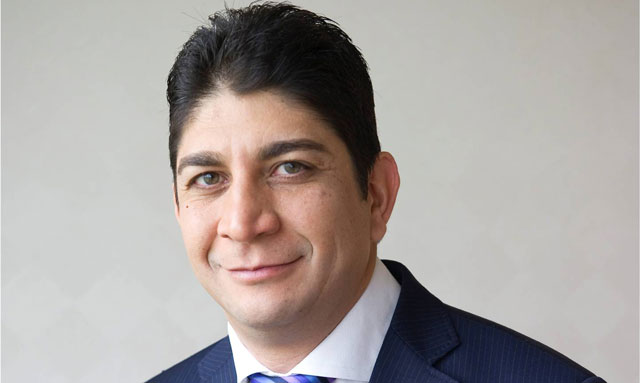 Should Vodacom be allowed to buy Neotel? That’s the question on the lips of South Africa’s regulators and, indeed, most players in the telecommunications industry.
Should Vodacom be allowed to buy Neotel? That’s the question on the lips of South Africa’s regulators and, indeed, most players in the telecommunications industry.
Progress in the proposed R7bn acquisition is expected in the next few months as communications regulator Icasa and the Competition Commission finalise their investigations into whether the deal will undermine competition.
This week, Icasa heard representations from Vodacom about why it thinks the proposed deal, which is likely to have a big impact on the future of the industry, should go ahead. It also heard objections, some of them strenuous, from rivals, including Cell C and MTN.
Cell C has been the most outspoken about the potential impact of the deal, with its CEO, Jose Dos Santos, warning that if it’s allowed to proceed, it will create a “super-dominant operator” that has the potential to kill competition.
MTN, meanwhile, has objected to the transfer of Neotel’s radio frequency spectrum assets to Vodacom, arguing that the trading of spectrum in South Africa is not permitted. This may change soon with new legislation on the horizon. Also, the National Development Plan calls for spectrum to be “fully tradeable”.
For the Vodacom deal to be allowed to proceed, MTN first wants Neotel’s spectrum handed back to Icasa so that it can be reassigned on an equitable basis to other operators. But its decision to object to the transaction is interesting given it is simultaneously seeking permission from the authorities to conclude a wide-ranging deal with Telkom in terms of which it will take over management of the latter’s radio access network — the infrastructure that connects consumers to mobile base stations. The deal will give MTN access to some of Telkom’s spectrum assets, too.
Although it’s by no means the only issue that has industry players hot under the collar, Neotel’s spectrum is the most contentious aspect of Vodacom’s planned acquisition.
Demand for mobile data is expected to explode in the coming years, and South Africa’s operators — with the possible exception of Telkom — do not have access to sufficient spectrum to meet this demand.
This wouldn’t be an issue if government had got a move on years ago with formulating policy on how this high-demand spectrum would be allocated. There is still no clarity on this crucial issue.
The long delay in South Africa’s digital migration project, where television signals will be converted from analogue, has also placed telecoms operators in a difficult position as they have not been able to get access to the “digital dividend” spectrum that broadcasters must forfeit.
The digital dividend is well suited to building robust urban broadband coverage using 4G/LTE technologies and extending those services into rural areas.
So, Vodacom’s decision to pursue Neotel is in large part built on the fact that it’s not been granted access to new spectrum. Neotel has spectrum in the 800MHz, 1,8GHz and 3,5GHz bands. It is the only operator with access to the 800MHz band, which forms part of the digital dividend. It uses the gaps between broadcasters’ analogue television channels to provide voice and narrowband data services; Vodacom will want to repurpose that spectrum for 4G broadband.

But the operator is promising more than just a more robust mobile broadband network. It says it will invest billions in a fixed-line network in the coming years, taking broadband fibre to a million end points “within a reasonable timeframe” — according to its CEO, Shameel Joosub — and building the wireline competitor to Telkom that South Africans had hoped Neotel would be when it was launched almost a decade ago.
The worry for the regulators must be that Vodacom will simply use the Neotel deal to cement its leadership position in mobile, creating a dominant operator in wireless services.
In fixed lines, if the deal is given the green light, it would make sense for the Competition Commission to impose a condition that the operator meet Joosub’s vaunted million-line fibre roll-out target and get it to agree to a deadline.
If Vodacom morphs from being a pure mobile operator into a full-service communications player that can give Telkom a run for its money, especially in fixed-line broadband, then this deal is worth supporting. It will create a powerful company, but if Telkom lifts its game to counter the threat, consumers will score in the process.
- Duncan McLeod is editor of TechCentral. Find him on Twitter
- This column was first published in the Sunday Times




